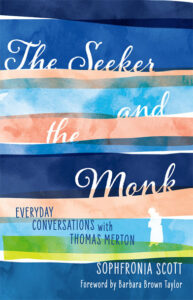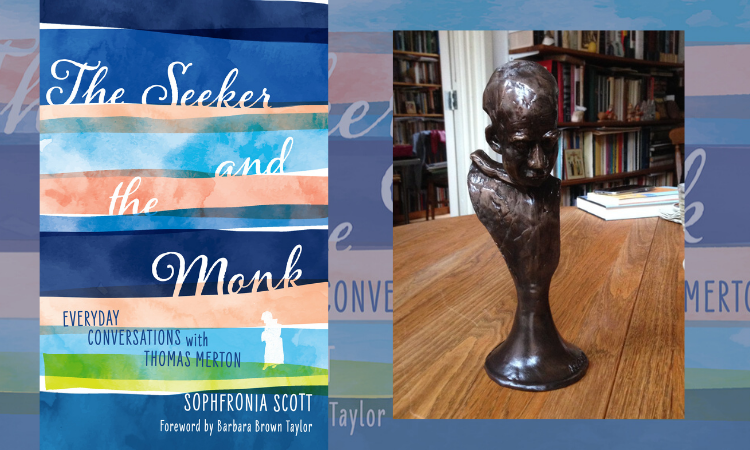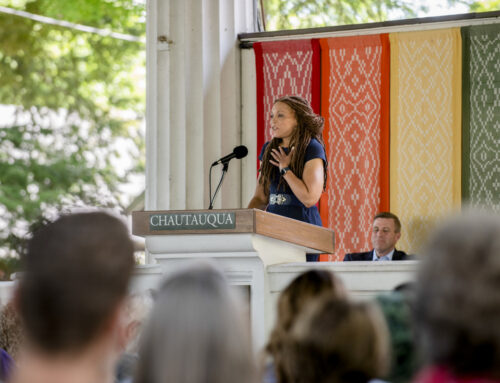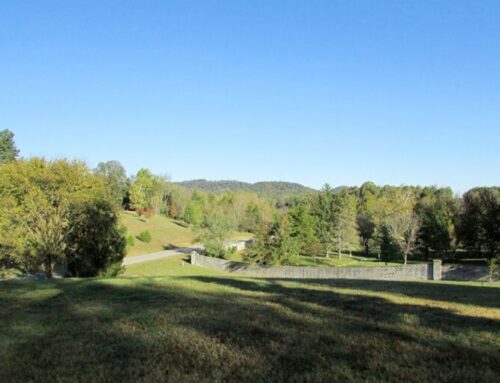On June 26, at the close of the International Thomas Merton Society‘s conference, I received The Thomas Merton Award for my book, The Seeker and the Monk. The award is also known as a “Louie,” after Merton’s monastery name, Father Louis. I’ll eventually receive a small bronze bust of Merton–how cool is that? I had hoped the book would bring a new audience to Thomas Merton. This acceptance by those who already love him is some serious icing on the cake!
*
Outgoing ITMS president David Golemboski, who presented the award, said this when he announced it:
*
 THOMAS MERTON AWARD
THOMAS MERTON AWARDto an individual who has written and published in the period between the General Meetings a work on Merton and his concerns that has brought provocative insight and fresh direction to Merton studies.
*
This year’s award goes to a book that brings provocative insight and new direction through its engagement with Merton’s life and work in relation to the author’s personal journey of life and faith, as well as with contemporary culture and politics. That book is Sophfronia Scott’s The Seeker and the Monk: Everyday Conversations with Thomas Merton, published earlier this year by Broadleaf Books. In the words of one ITMS Board member who endorsed the book, Scott demonstrates “impressive depth and breadth of familiarity and insight concerning Merton’s life and work.” Another Board member said that the book is “solidly well-researched and balanced – between intimacy and critical distance.” Scott draws on a wide range of Merton’s published writings along with the journals, and draws Merton into dialogue with contemporary “signs of the times,” such as the COVID pandemic, the Sandy Hook school shooting, and the murder of George Floyd. The book is also highly personal, with Scott sharing reflections on her own journey as a parent, activist, and writer.
*
Scott opens the book by noting that “Thomas Merton was a white Catholic monk who lived most of his life in a monastery in Kentucky and died over fifty years ago. I’m a black woman, not Catholic but Episcopalian, with Baptist notes from my childhood.” And yet, she comes to describe Merton as “someone who has, across the many years and many differences between us, managed to become a dear friend.” Please join me in congratulating and thanking Sophfronia Scott for sharing this friendship with us, and in congratulating her on this award.



